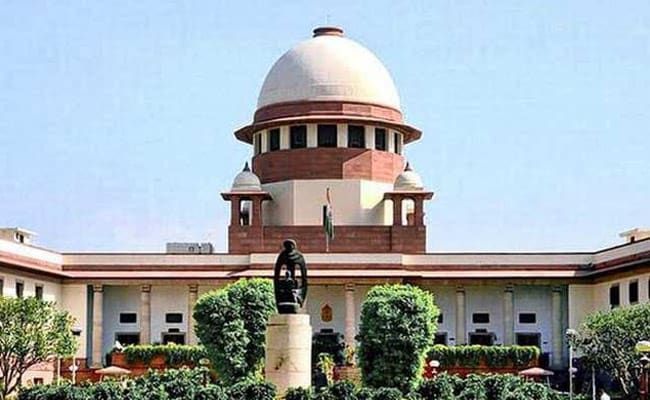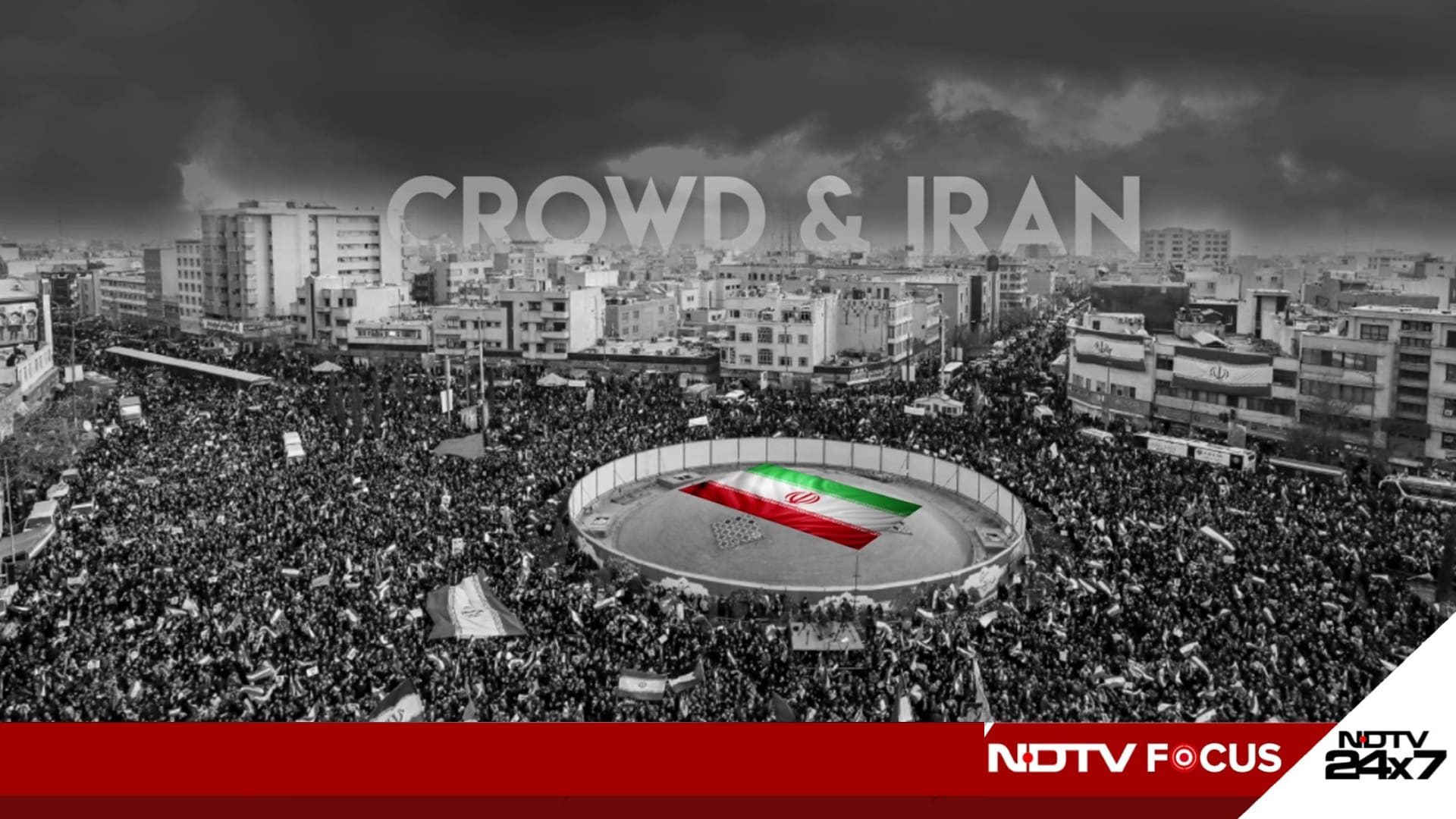On the independence of India’s top poll body, the Supreme Court today had pointed “hypothesis” for the central government: “Do you think the Election Commissioner… if he’s asked to take on none less than the Prime Minister — it’s just example — and he doesn’t come around to doing it: Will it not be a case of complete breakdown of the system?”
The Election Commissioner is “supposed to be completely insulated”, the court added, and referred to how the government had spoken of appointing a “man of character”.
“Character consists of various components… one particular characteristic required is independence,” it noted, and then cited how “one of the Election Commissioners, in fact, resigned”. The court did not take names, rather arguing its central point that the appointment system requires “a larger body” than just the union cabinet to decide on names. “There is a dire need for change.”
The five-judge Constitution bench headed by Justice KM Joseph has been hearing petitions seeking reforms in the system of appointing election commissioners. It has said “every government appoints a yes man” as the poll body chief, “irrespective of the party [in power]”.
The government’s lawyer submitted, “Stray instances cannot be the grounds for the court to interfere. To safeguard the position is our endeavour.”
“First a list is prepared of all senior bureaucrats. And then the list is sent to the Law Ministry which is then forwarded to the PM,” the lawyer explained, and said, “We need to see to what extent the court can get into this process. The existing system is working fine and there is no trigger point for the court to intervene in this case.”
The court has stressed that it wasn’t saying the system is not correct. “There should be a transparent mechanism,” it added. The court also took exception to the Centre’s submission that the appointments are “always based on seniority” and that the tenure is “mostly 5 years”.
When the court asked why the pool of candidates is “confined to just civil servants”, the government replied, “That’s the convention. How do we not follow it ? Can we bring in a national poll of candidates? It’s impossible.”
The government lawyer added, “The court cannot interfere in the system only because we cannot show every single file how the appointment was done. You need to show instances wherein some wrong has happened. Merely on likelihood, apprehension or anxiety, interference from the court is not called for.”
Also citing the sheer magnitude of the system, the government contended, “The whole mechanism doesn’t permit that somebody could go rogue.”
The court, which yesterday said there should a Chief Election Commissioner like TN Seshan — known for aggressive electoral reforms from 1990 to 1996 — has been insisting on a “mechanism” for the poll body appointments. The government has cited a 1991 law and past conventions of appointment recommended by the PM-led cabinet to the President, who then picks an officer.
The Centre has strongly opposed the batch of pleas seeking a collegium-like system — such as senior-most judges appointing judges — for the selection of election commissioners. Any such attempt will amount to amending the Constitution, the government has argued.
The court, however, has pointed out that since 2004, no CEC has completed a six-year tenure. During the 10-year rule of the UPA, there were six CECs; and in the eight years of the NDA, there have been eight. “The government is giving such a truncated tenure to the ECs and CECs that they are doing its bidding,” the court has said.





